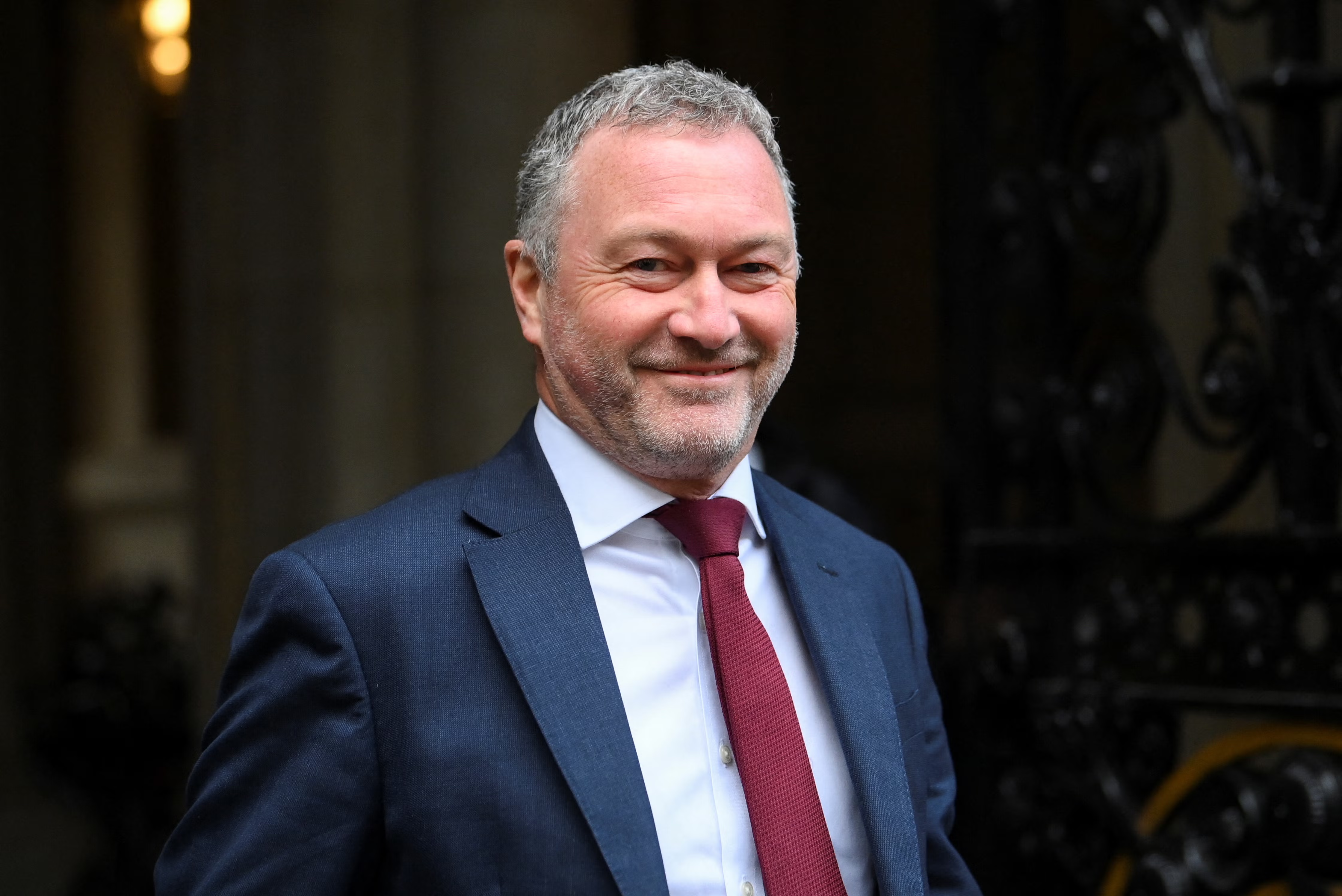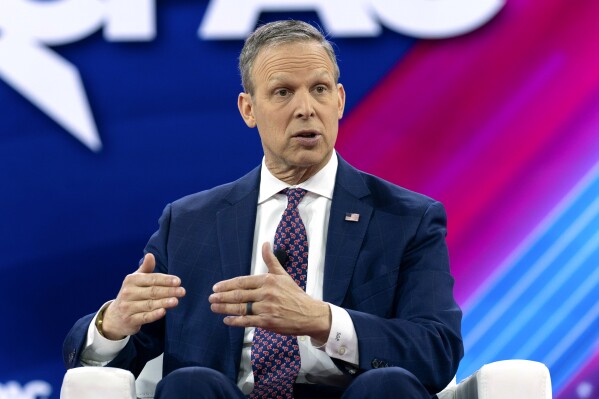Your support helps us to tell the story
Support NowThis election is still a dead heat, according to most polls. In a fight with such wafer-thin margins, we need reporters on the ground talking to the people Trump and Harris are courting. Your support allows us to keep sending journalists to the story.
The Independent is trusted by 27 million Americans from across the entire political spectrum every month. Unlike many other quality news outlets, we choose not to lock you out of our reporting and analysis with paywalls. But quality journalism must still be paid for.
Help us keep bring these critical stories to light. Your support makes all the difference.
The UK risks suffering a shortage of drinking water by the mid-2030s, a Labour cabinet minister has warned.
Environment secretary Steve Reed said without investment in the country’s creaking infrastructure, the system could run into crisis.
His warning came as it emerged that water companies want to raise bills by 84 per cent by 2030. Mr Reed described the proposed price hikes as "eye-watering" - but said the issue was not one for ministers.
He told LBC Radio: “We're all facing a shortage of water within a decade and a half if we don't act now.”

Ministers have launched the biggest review of the water industry for almost four decades, after a series of scandals involving sewage dumping in Britain’s lakes and rivers.
A commission headed by the former deputy governor of the Bank of England Sir Jon Cunliffe will be challenged to “fix Britain’s broken water industry”.
The commission comes after Sir Keir Starmer’s government introduced legislation which will ban bonuses for water industry executives and could even see them jailed over major leaks.
Mr Reed told LBC: "The lack of water infrastructure is now holding back economic growth in this country, so we can't build the homes that we need in parts of the country.
"Cambridge, for instance, lacks clean water supply. Oxford lacks sewage systems sufficient to allow house building to go ahead.
"And (another) point here is that by the mid-2030s unless we take action to increase water supply - reservoirs as well as infrastructure - then the demand for drinking water will start to outstrip supply, in a way that already happens in some Mediterranean countries.
"We cannot allow the water system, the water sector, to continue in this way."

But he ruled out nationalisation, saying it would “cost tens of billions of pounds to nationalise the water sector”.
Just last month it was revealed Southern Water, one of the country’s largest water companies, is considering an emergency measure which could see up to 45 million litres of water shipped from Norway to the UK in tankers per day in case of extreme drought.
Mr Reed said the problems with the water industry are "failures of regulation and governance, not ownership" and that a new review will help "bring in the investment that we need to stop the massive bill hikes".
He also insisted he was unaware a company he accepted football tickets from was linked to a UK water firm.
Asked on Sky News about £2,000 of football tickets he had declared from CK Hutchison Holdings - which she said owns 75% of CK Infrastructure Holdings, the owner of Northumbrian Water - he said: "There was nobody from a water company that was involved in offering those tickets. There was nobody from a water company at that event."
He added: “The implication is that I would somehow go soft on water companies.”
“What I’ve actually done is bring in the toughest legislation to stop the payment of unfair bonuses, to make water bosses face criminal liability for the kind of things that they’re doing.”
Asked if he would take the tickets again, Mr Reed said: "I probably wouldn't, but I didn't know at the time and it hasn't influenced a single decision that I've taken."
Following the launch of the industry review on Tuesday, David Black, chief executive at the Water Services Regulation Authority (Ofwat) said: “We welcome the Water Commission’s review and look forward to being able to work with the government on the change that is needed to drive better outcomes for customers and the environment.
“We are ready to back record investment, the challenge for water companies is to match that investment with the changes in company culture and performance that are essential to rebuilding the trust of customers and the public.”
Carla Denyer, co-leader of the Green Party said: “Water is a basic human need. It should be in public hands run for people, not profit. I don’t know why Labour won’t even consider this.”
Disclaimer: The copyright of this article belongs to the original author. Reposting this article is solely for the purpose of information dissemination and does not constitute any investment advice. If there is any infringement, please contact us immediately. We will make corrections or deletions as necessary. Thank you.



